Family History

Men with a family history of prostate enlargement have an increased likelihood of developing the condition than those without. This risk is even greater if the relative who had it was younger than 60 at the time of diagnosis.
Age
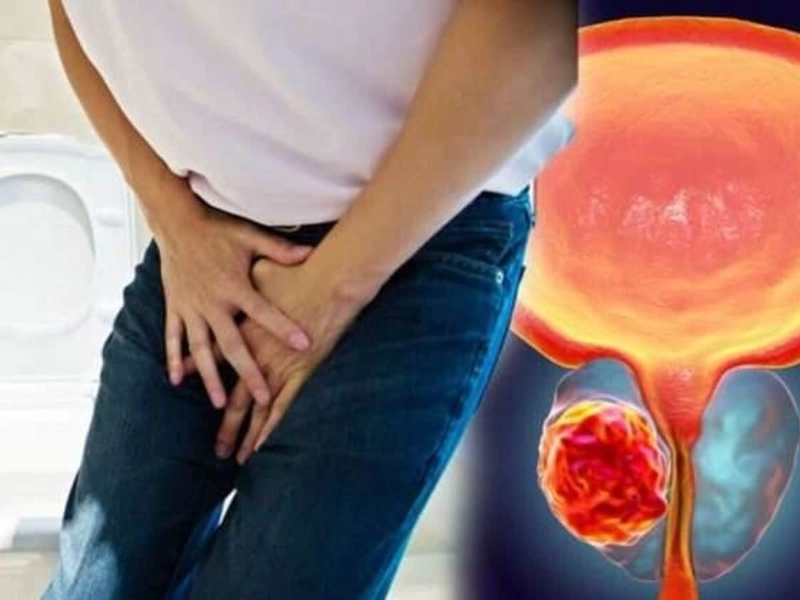
The prostate, a walnut-sized male sex organ that produces fluid for nourishment and transporting sperm, becomes larger with age. This may squeeze the urethra and cause issues with urine flow.
Hormones

Hormones are chemical messengers that regulate a number of bodily processes, such as muscle growth, metabolism, cognitive function and mood. They're produced by various endocrine glands and released directly into the bloodstream.
Enlargement of the prostate may be caused by dihydrotestosterone, which is produced from testosterone by an enzyme known as 5-alpha-reductase in men as they age.
If your prostate is enlarged, your doctor may suggest medications to decrease the amount of dihydrotestosterone present. They'll also monitor you to see if symptoms improve over time.
Another treatment option is transurethral vaporisation of the prostate (TUVP). This involves sending microwaves through a catheter to destroy some parts of an enlarged prostate.
Diet
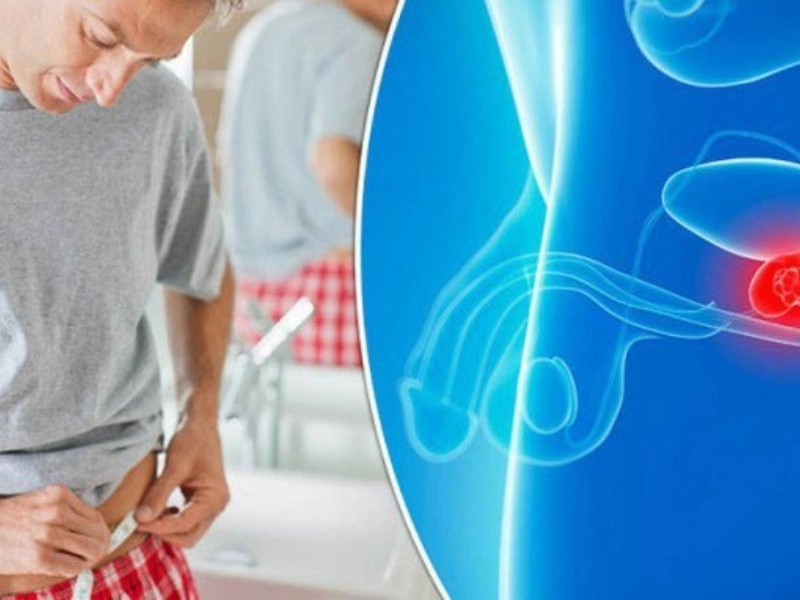
Signs of an enlarged prostate include the sudden need to urinate, pain when urinating and a burning sensation during urination. In some cases, patients may notice blood in their urine.
The typical American diet is loaded with processed foods, sugar and saturated fats. These nutrients may lead to numerous health issues like heart disease and prostate cancer.
Advertisement
Recommended Reading: What is the Healthiest Way to Eat an Egg?
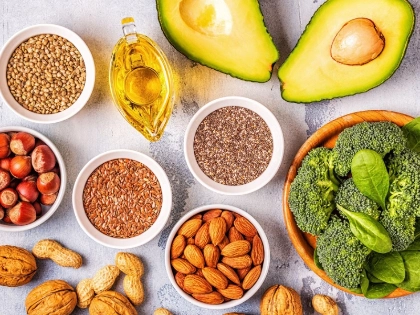







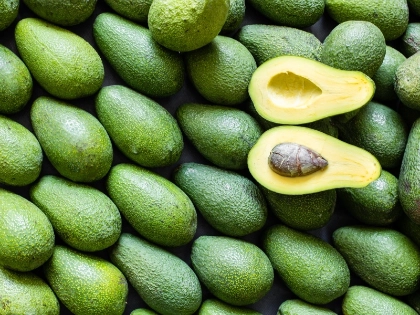











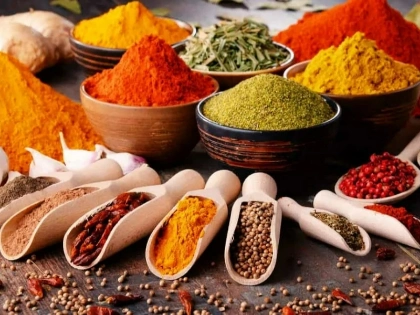




Comments
Leave a Comment
Your email address will not be published. Required fields are marked *